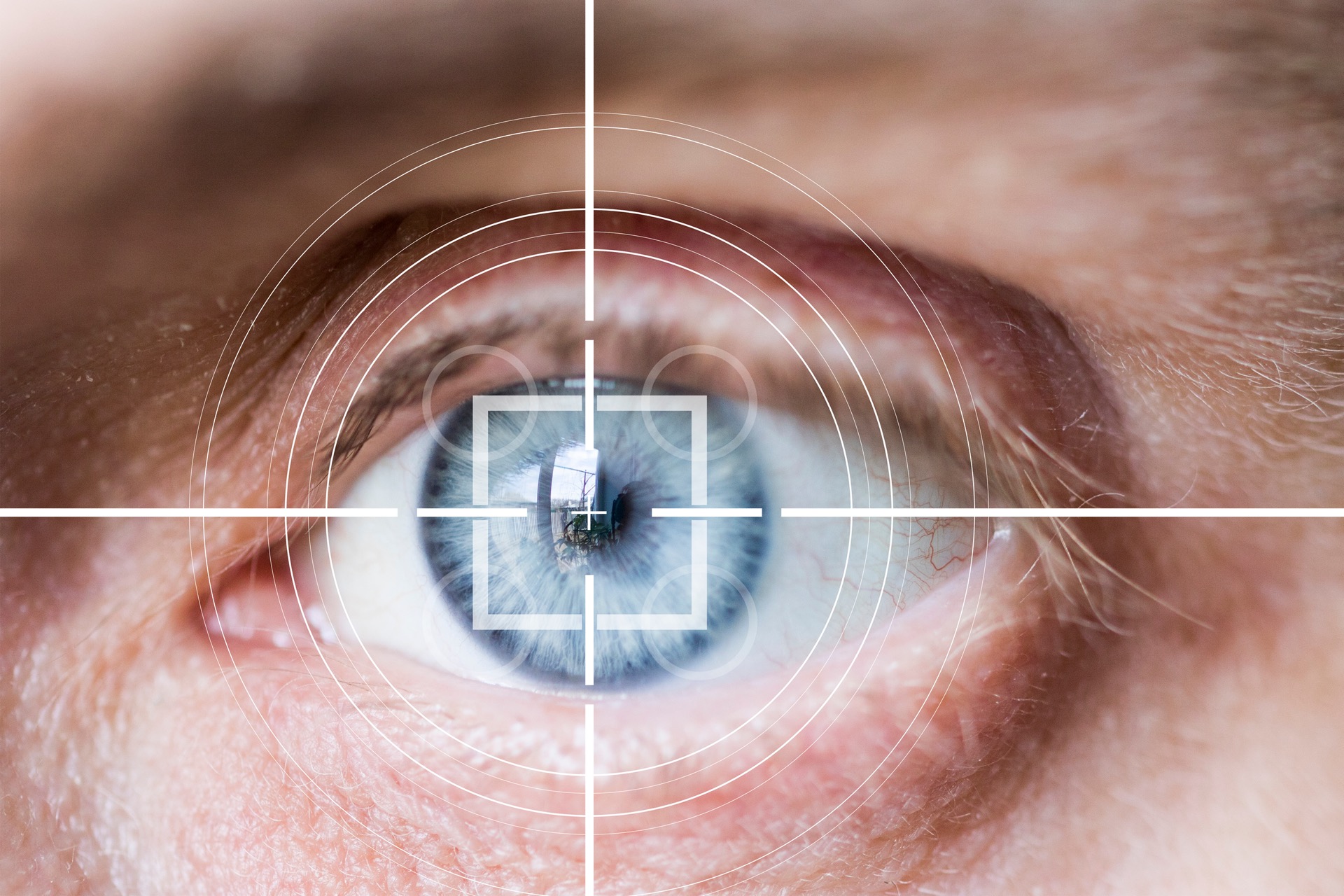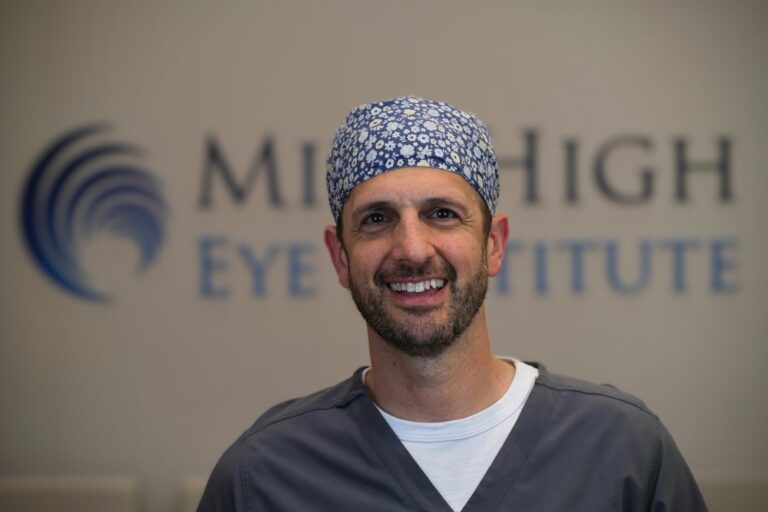
What is the Cornea?
Cornea surgery refers to procedures that repair or replace the clear dome-shaped covering at the front of the eye. The cornea consists of five layers, each serving a specific purpose to ensure that the cornea functions properly and maintains its health. Healthy cornea ensures clarity and the best visual outcome. These layers include the:
Various eye diseases and injuries can affect the cornea’s individual layers, leading to blurred vision, strained eyes, itchiness, redness, and even vision loss.Once topical treatment and refractive lenses can no longer improve vision, the Mile High Eye Institute team can offer you more specialized care. Our surgeons have the highest level of training and expertise that will provide you with confidence in our services.
What Can Cornea Surgery Treat?
The team at Mile High Eye Institute may recommend cornea surgery to treat a number of eye conditions, including:
Fuchs dystrophy
Fuchs dystrophy causes the innermost layer of the cornea to decompensate. This causes corneal swelling that can cause decreased and foggy vision.
Corneal erosion
This condition can be secondary to genetic or traumatic causes. Corneal erosions can cause a patient significant discomfort, light sensitivity, redness and blurred vision. This damage can lead to lasting side effects such as blurry vision.
Keratoconus
Keratoconus is a potentially debilitating condition that causes a bulging or dome-shaped cornea. The disease ultimately breaks down the collagen fibers that make up the corneal tissue, distorting its shape.
Pterygium
A pterygium is a tissue that grows from the white portion of the eye onto the clear portion of the eye. Pterygiums can not only change glasses prescription, but can alter one’s visual acuity. This growth of tissue is often linked to increased UV exposure and damage. Irritation and redness can also be induced with this condition.

What Are The Different Types of Cornea Surgery?
The team performs several different types of cornea surgery at their office, including:
Cornea transplant
A cornea transplant, or keratoplasty, replaces the damaged portion of your cornea with tissue from a donor.
Corneal cross-linking
Corneal cross linking is a minimally invasive procedure that can slow or prevent the progression of keratoconus and keratoectasia (keratoconus that develops following laser eye surgery).


